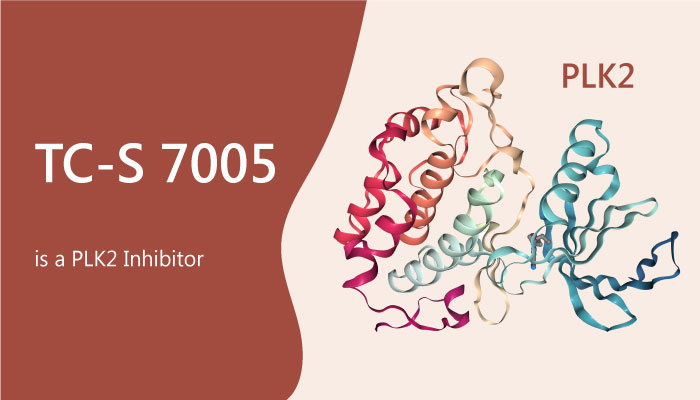Polo-like kinases (Plks), a family of serine-threonine kinases, play fundamental roles in regulating cell division, including mitotic entry, mitotic exit, spindle formation, cytokinesis, and meiosis. In addition, Plks associate with several structures including the centrosome, kinetochores, and the central spindle during mitosis and cytokinesis. Vertebrates have many Plk family members like Plk1 (Xenopus Plx1), Plk2/Snk (Xenopus Plx2), Plk3/Prk/FnK (Xenopus Plx3), Plk4/Sak and Plk5. However, exposure to Plk inhibitors leads to multiple defects in mitosis, causing cell death. These enzymes present promising targets for cancer therapy due to frequent overexpression in various human tumors.
Meanwhile, atrial fibrillation (AF) is the most prevalent arrhythmia in the clinical routine. Reoccurring AF episodes lead to marked changes in the cardiac tissue architecture and contribute to morbidity and mortality. Compared to sinus rhythm (SR) controls, right atrial appendages and isolated right atrial fibroblasts from AF patients shows downregulation of PLK2 mRNA and protein levels, which are accompanied by remarkable hypoxia-sensitive DNA-methylation of the PLK2 promotor. Previous findings show that PLK2 is a key regulator for proliferation and differentiation in cardiac progenitor cells. Thus, modulation of PLK2 activity may be potential novel targets to prevent fibrosis progression in AF.
TC-S 7005 inhibits Plks with good enzymatic activity and modest cell-based activity.

Furthermore, TC-S 7005 exhibits IC50 values of 4 nM, 24 nM and 214 nM for Plk2, Plk3, and Plk1, respectively. It is 6-fold selectivity against Plk3 and 50-fold selectivity against Plk1. On the other hand, TC-S 7005 markedly induces myofibroblast differentiation and reduces fibroblast proliferation rates.
In summary, PLK2 reactivation is a potential targets to prevent fibrosis progression in AF.
Reference: